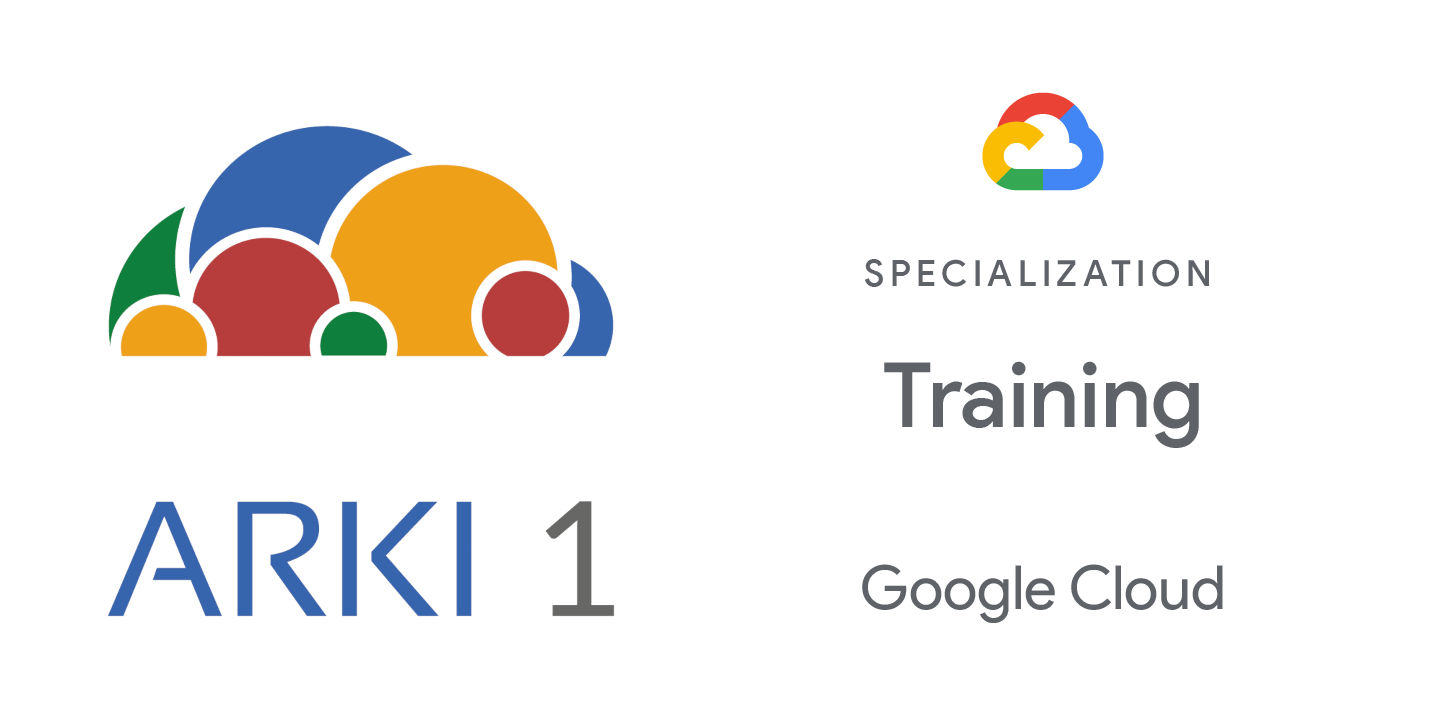Los profesionales de negocios en roles no técnicos tienen una oportunidad única de liderar e influir en proyectos de aprendizaje automático. En este curso, explorará el aprendizaje automático sin la jerga técnica. Aprenderá a traducir problemas comerciales en casos de uso personalizados de aprendizaje automático, evaluará cada fase del proyecto y trasladará los requisitos a su equipo técnico.
Público
Esta clase está dirigida a la siguiente audiencia:
- Enterprise, corporate, or SMB business professionals in non-technical roles.
- Roles include but are not limited to: business analysts, IT managers, project managers, product managers.
- For senior VPs and above, Data Driven Transformation with Google Cloud is more suitable.
Prerrequisitos
Para aprovechar al máximo este curso, los participantes deben tener:
- No prior technical knowledge is required.
- Saavy about your own business and objectives.
- Recommended: completing the Business Transformation with Google Cloud course.
Duración
~16 horas (2 días)
Inversión
Si está interesado en esta clase, por favor contáctenos.
Resumen del curso
El curso incluye presentaciones, demostraciones y actividades inmersivas.
- Overview: what is machine learning?
- Key terms: Artificial intelligence, machine learning, and deep learning.
- Real-world examples of machine learning.
- Overview: five phases in a machine learning project.
- Phase 1: Assess the ML use case for specificity and difficulty.
- Brainstorm a minimum of three custom ML use cases.
- Common ML problem types.
- Standard algorithms.
- Data characteristics.
- Predictive insights and decisions.
- More real-life ML use cases.
- Why ML now.
- Features and labels.
- Building labeled data sets.
- Training an ML model.
- Evaluating an ML model.
- General best practices.
- Human bias and ML fairness.
- Part 1: custom ML use case proposal.
- Replacing rules with machine learning.
- Automating business processes with machine learning.
- Understanding unstructured data with machine learning.
- Personalizing applications with machine learning.
- Creative use cases with machine learning.
- Key considerations.
- Formulating a data strategy.
- Developing governance around uses of machine learning.
- Building successful machine learning teams.
- Creating a culture of innovation.
- Summary, presentations, feedback form.

